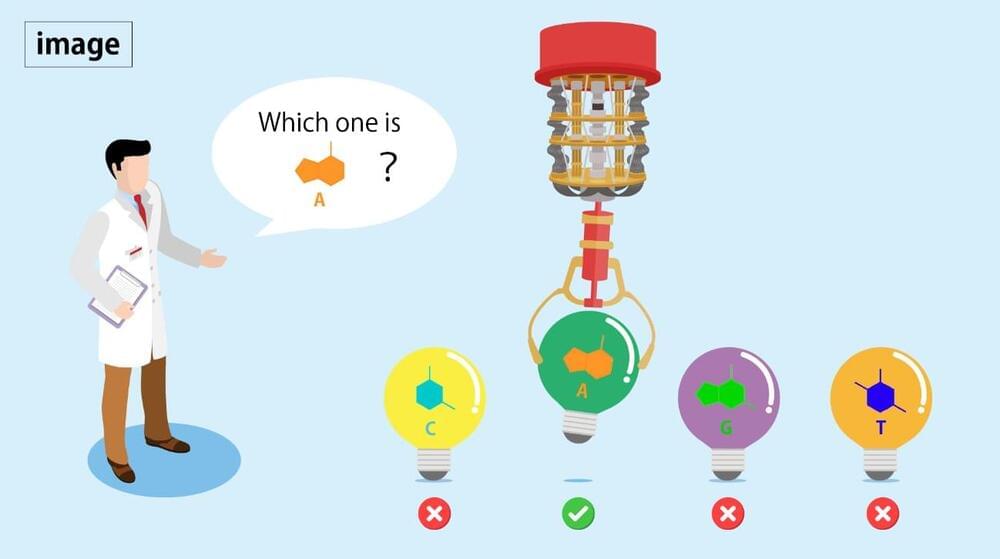Age is a risk factor for hematologic malignancies. Attributes of the aging hematopoietic system include increased myelopoiesis, impaired adaptive immunity, and a functional decline of the hematopoietic stem cells (HSCs) that maintain hematopoiesis. Changes in the composition of diverse HSC subsets have been suggested to be responsible for age-related alterations, however, the underlying regulatory mechanisms are incompletely understood in the context of HSC heterogeneity. In this study, we investigated how distinct HSC subsets, separated by CD49b, functionally and molecularly change their behavior with age. We demonstrate that blood lineage differentiation progressively shifts to a higher myeloid cellular output in both lymphoid-biased and myeloid-biased HSC subsets during aging. In parallel, we show that HSCs selectively undergo age-dependent gene expression and gene regulatory molecular changes in a progressive manner, which is initiated already in the pre-adult stage. Overall, our studies suggest that aging intrinsically alters both cellular and molecular properties of HSCs.
The authors have declared no competing interest.







